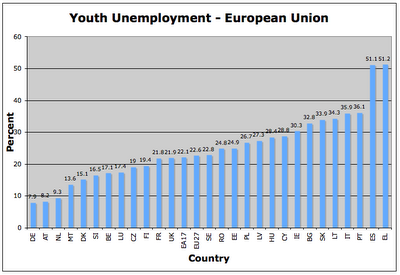In Canada we spell it Labour Day but for my American readers I have dropped the “u” on this occasion. It would seem that robotics is a good topic for this first Monday in September. A couple of weeks ago European researchers announced that they were in the process of designing a customizable robot companion for the elderly with plans to release a commercial version within a couple of years.
The project, called MOBISERV, will produce a robot on wheels vaguely appearing human-like. The robot would be equipped with a battery of cameras, audio and touch sensors, and a computer touch screen interface for inputting personal information and custom programming. It would serve a number of purposes but principally would be used as a home companion and caregiver to elderly individuals.
In addition to the robot companion MOBISERV will require the elderly to wear smart clothes with embedded sensors. And the homes in which MOBISERV gets placed will also become smarter with all kinds of new technology that compliments the robot’s capabilities.
Why have European scientists engaged in this type of project now? Europe like North America where I live is undergoing aging at an accelerating rate. Among the EU’s 28 states, the median age in 2011 was 41.2 with projections of 47.6 by 2060. By that date just under 30% of Europe’s population will be 65 or older and the number of 80+ year-old will have tripled.
With unemployment reaching epic highs among the under-30 population segment in many European countries you would think that a more practical solution would be employing many of these young people in elder care rather than a robot. A June 23, 2013 article written by Enrico Letta, the Prime Minister of Italy, describes the crisis of under-30 unemployment. The number of under-30s looking for work is almost 15 million, about equivalent to one of the EU’s mid-sized members. But nowhere in the article does Letta state elder care as one potential solution for youth employment. It would seem, therefore, on Labor Day, that maybe someone should point out the efficacy of such a proposal. Maybe we don’t need a MOBISERV right now and should be considering the economic future of young people who currently are well connected in the 21st century but not well employed.











